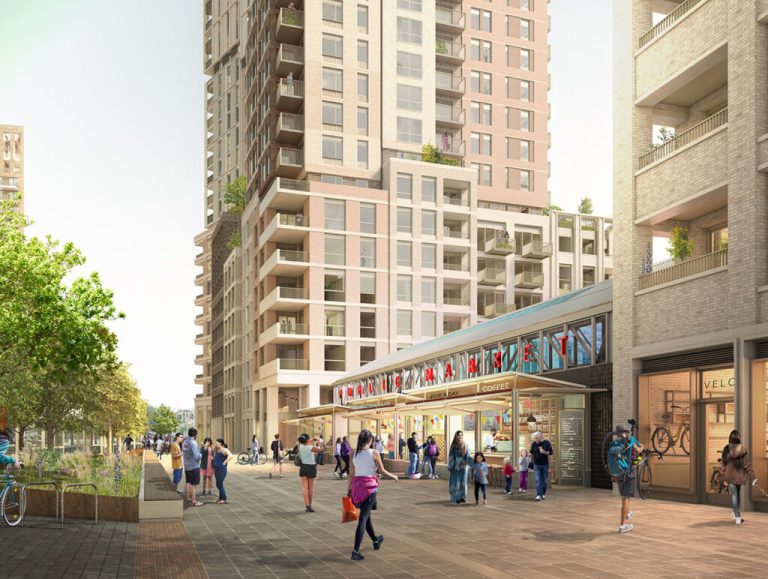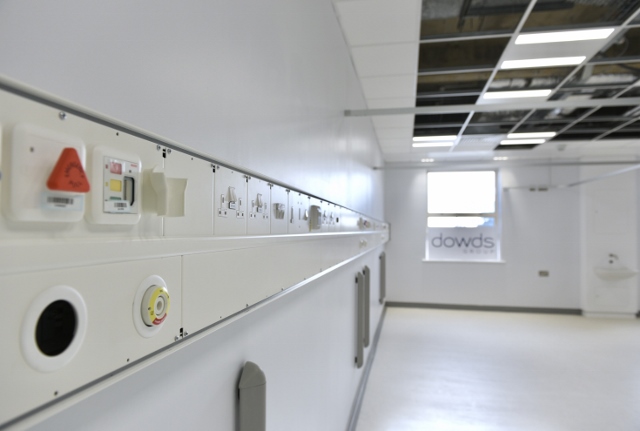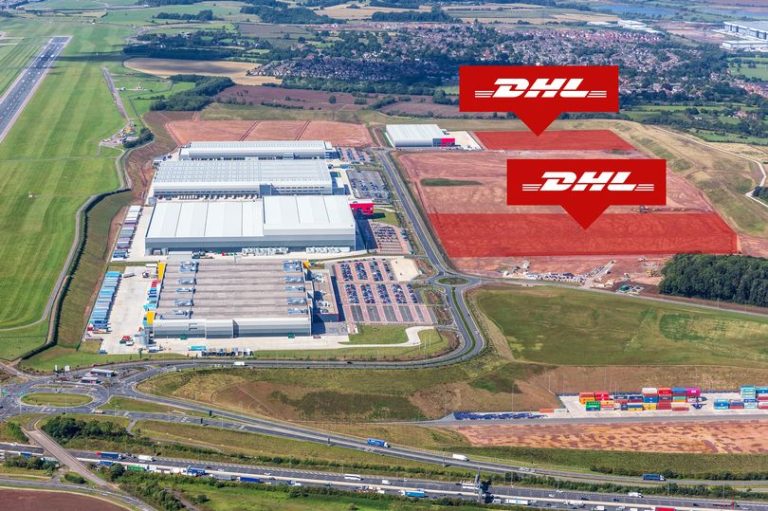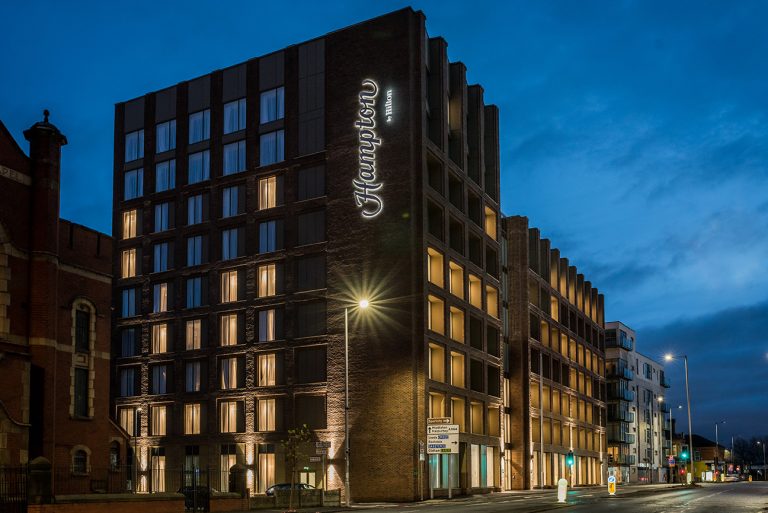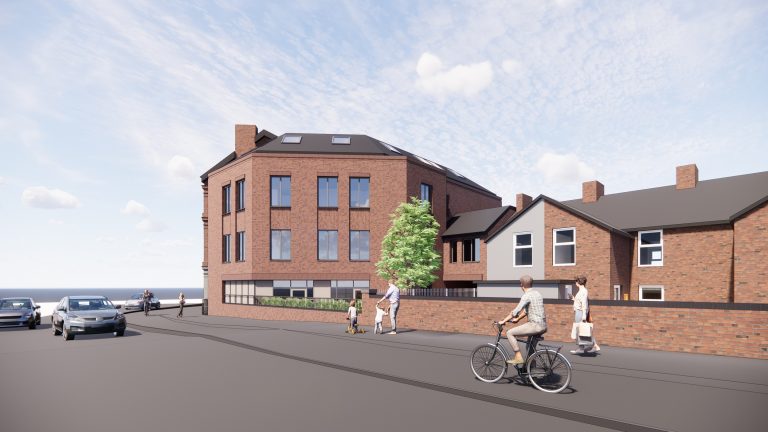Four Tech trends transforming the way we work The COVID-19 pandemic has had a significant impact across UK business and industry and we’re already witnessing a rapid and forced evolution in the way we work. For UK the construction industry, this is as much on site as it is at head office. Now, more than ever, it’s crucial for contractors to ‘Get Digital’, adopting game-changing new tech-backed systems and products to help improve the way work is delivered. So, what are the emerging and existing innovations to watch out for over the remainder of the year and beyond? With so many to choose from, it can all become a bit confusing. For this article, I will focus my attention on four technologies which I believe will help improve processes and procedure in construction, encouraging it to become more efficient, more productive and safer. Think big Big data is a term used to describe extremely large data sets, used to uncover hidden trends, patterns in behaviour and highlight unknown correlations to make more informed business decisions and serve as the basis for artificial intelligence and automation systems. Big data can be used in a number of ways. One important example is historic data, which can be analysed to pick out past risks and errors, identifying corrections and informing future decisions, to avoid potential pitfalls. This can also apply to weather, traffic, community and business activities to determine optimal phasing of construction activity. The design process is already seeing huge benefits from the power of big data, especially when it comes to planning and modelling. Collected data can be fed back into BIM systems at every stage of the construction journey to schedule future maintenance activity, a vital process as we aim for the elusive ‘Golden Thread of Information’. Hi Robot! It’s no secret construction is one of the least automated industries, where intensive, manual labour remains the norm. Currently, a key obstacle to AI playing a more significant role on construction sites is that robots require a controlled environment. Tasks need to be repetitive and non-variable. However, as we are now seeing modern construction methods increasingly using standardised designs and components, there is more potential to introduce AI-backed solutions to carry out certain tasks. It’s hugely advantageous to site managers who can gain efficiencies and save money through the delegate of repetitive tasks to this digital workforce. For example, robots could be employed to undertake activities such as pouring concrete, brick laying or welding, freeing up workers to concentrate on more complex aspects of the build. Taking over these highly repetitive tasks could significantly improve productivity and increase safety, whilst addressing the industry’s shortfall of labour. Furthermore, Machine Learning (ML) presents the opportunity to explore different variations of a solution and create design alternatives, taking into consideration the mechanical, electrical and plumbing systems (MEP) and ensuring the routes for MEP systems do not clash with the building architecture. Drone On The use of drones is becoming more commonplace within construction. This technology is instrumental in helping to survey site suitability and monitoring progress of the build. They can also help observe or access hard to reach or elevated areas. This is particularly useful when surveying HVAC and wiring in plant construction as well as many other civil engineering tasks. The technology in this field is developing fast, no doubt, it won’t be long before we see the drones conducting precision-heavy repairs by remote control. Drones can also be used to improve safety, monitoring the site and, with the use of cameras, identify any danger areas. This gives the construction manager a quick view of the location without him having to physically survey it. The logistical potential of drones has already been well explored, especially by organisations like Amazon. It’s no different for construction and there are plenty of opportunities for drones to deliver materials to site, particularly to make up any shortfall of smaller components needed urgently. This will reduce the number of vehicles required on site, improving the carbon footprint. 5G to support tech delivery To ensure all this exciting technology can be supported, 5G will be vital. Fundamentally, it will provide the strong, reliable connectivity required to effectively operate these high-tech systems, especially with the increasing reliance on big data. Significantly, 5G will boast faster speeds, better traffic handling and less network congestion. When used in conjunction with Wi-Fi 6, the newest standard in Wi-Fi technology, 5G will enable users to communicate faster and more effectively, share large scale drawings, and run resource heavy applications without compromising on speed and performance. Importantly, it will allow devices to perform faster data modelling and will allow faster computing on the cloud edge, delivering significant efficiencies during the construction journey. It’s a game changer and will, no doubt, accelerate digital adoption within the construction sector. However, there’s still some way to go and a certain degree of apprehension exists. What’s key is that we encourage the sector to make the investment now to secure the long term interests of the industry. It might seem like a large upfront cost, but it will be worth the effort when we deliver a more efficient, smarter and safer construction landscape. PJ Farr, Managing Director, UK Connect Ltd
